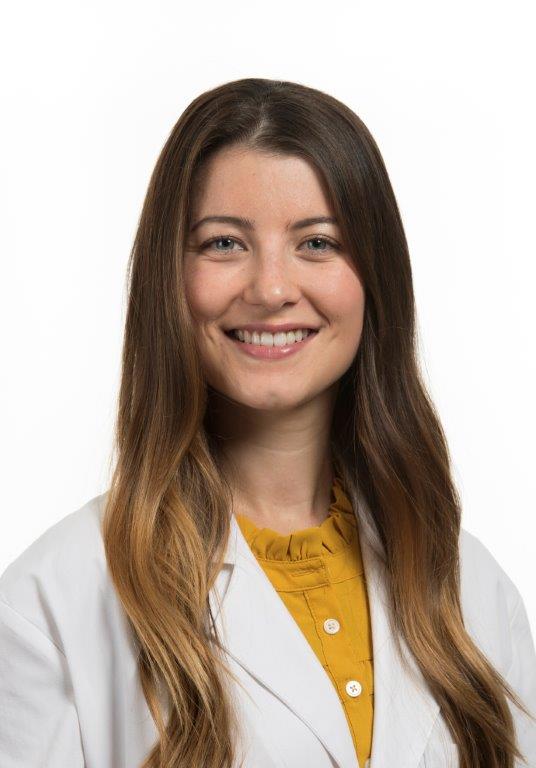Presentation ID #03: Click here for more information.
Purpose: The purpose of this educational project was to determine whether interprofessional team members who participate in a structured educational session demonstrate an increase in knowledge, confidence and self-efficacy the care of adult brain tumor (ABT) patients. The aim was to evaluate baseline ABT knowledge of neuroscience registered nurses (RNs) and advanced practice providers (APPs) and to identify barriers associated with specialized educational programs.
Methods: An evidence-based education program on ABT’s was developed and delivered to neuroscience interprofessional team members in a single, institution in Charlotte, North Carolina. Three measurement tools were used for data collection. One tool was used to collect demographic information, one was used for a knowledge pre/post-intervention and one for the participants to rate their confidence level. RNs and APPs functioning in a neurosurgical, neurointensivist or neurohospitalist role were eligible to participate. Travel RNs were excluded.
Results: Seventeen care providers participated in this project. Descriptive statistics were used to analyze the demographic characteristics of the participants, belief in supplemental education, and pre/post-intervention knowledge assessment items. McNemar’s test for paired binary data and StataCorp v.16 statistical software (2019) was used. Six participants recalled prior education specific to ABTs and 94% (n=16) believed additional education would be beneficial. A statistically significant increase in correct responses from the pre-posttest was seen in one question pertaining to histological grading classification system (p=.031). The lowest response recorded on the confidence survey was regarding the APP’s level of comfort in discussing treatment plans with patients and caregivers.
Implications: The results of the project created a basis for understanding neuroscience team members level of knowledge and confidence. Further study is needed to determine effective educational strategies for the neuroscience team.
KEY WORDS: brain neoplasm, clinical guidelines, specialized training

Margaret McDonnell is a doctoral candidate who began her nursing career in 2011 as a registered nurse after completing nursing school at the State University of New York at Canton. She worked in Orthopedics and Neurology/Neurosurgery on a medical-surgical unit for 5 years and during that time developed a passion for neurosurgery. This resulted in her decision to return to graduate school at Upstate Medical University in Syracuse, NY where she completed a family nurse practitioner program. Since graduating in 2016, she has been working in Neurosurgery, first in Syracuse NY and most recently at Novant Health in Charlotte, North Carolina. She also obtained her Registered Nurse First Assist (RNFA) from the University of Rochester in 2018.
In her current position, Margaret functions as a neurosurgical provider in the inpatient and outpatient setting, is a first assist in the operating room for neurosurgical cases and is also a lead Advanced Practice Provider (APP) in her neurosurgery group. Her passion continues to be at a clinical level and more specifically, in the management of patients with both operative and non-operative brain tumors.
